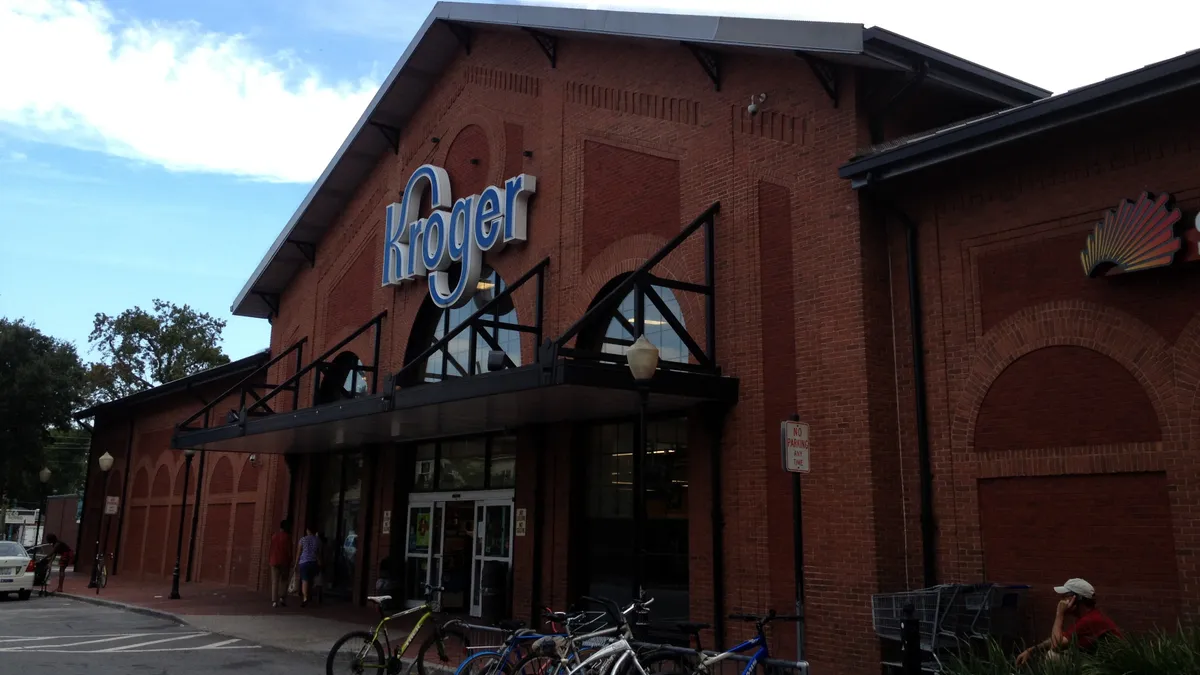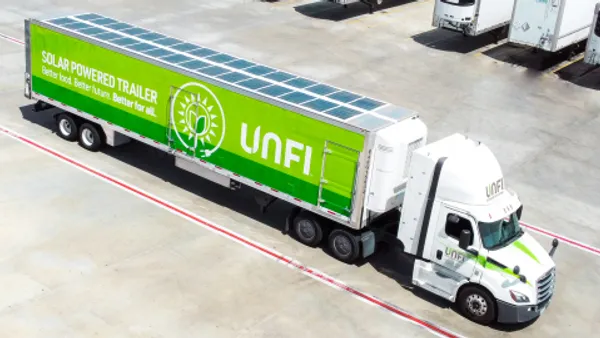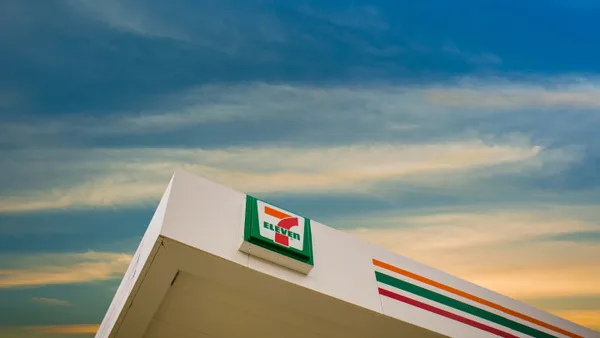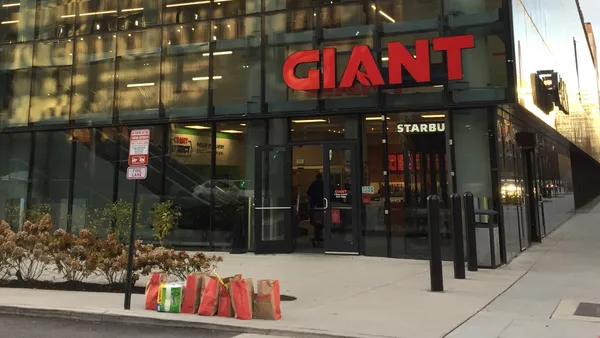Dive Brief:
- Kroger has announced that it is exploring strategic alternatives for its Turkey Hill ice cream and beverage brand and may consider a potential sale, according to Market Watch. Goldman Sachs has been hired to conduct a business review.
- Located in Conestoga, Pennsylvania, Turkey Hill produces milk, fruit drinks, iced teas, ice cream and frozen dairy treats at its manufacturing and distribution facility. Turkey Hill employs almost 800 people, including part-time, full-time and seasonal positions.
- Kroger noted that Turkey Hill is a successful, nationally recognized brand that has potential for greater growth outside of the company. Its products are currently sold nationwide.
Dive Insight:
This announcement comes on the heels of several other recent efforts from Kroger to evolve and improve e-commerce offerings, including the $2.15 billion sale of its convenience store business, acquisition of Home Chef, purchase of a stake in Ocado and its launch of Kroger Ship. These all seem to be a part of the Restock Kroger initiative to cut costs and invest in innovation, and a potential sale of Turkey Hill could help Kroger reduce business operations that don’t support its move to become the next e-commerce giant.
While Turkey Hill may be recognizable to Kroger shoppers, the Turkey Hill brand has its own manufacturing facility in place, and its history as a family-owned dairy is independent of Kroger — making it easier to offload. Turkey Hill can still flourish without Kroger at the helm, and since the grocer has an extensive portfolio of Kroger-branded items, it likely sees this as an opportunity to streamline.
Similar to Kroger’s sale of its convenience store chain, selling Turkey Hill could help the company focus on core brands and products. The most logical buyer for Turkey Hill would be another grocer that might benefit from its existing customer base. Alternatively, another food manufacturing brand looking to diversify or expand could take Turkey Hill under its label. Proceeds from the sale would give Kroger more capital to invest in technology or acquire another business that is better suited for e-commerce, or could be used to pay down more debt.
The gamble Kroger would face in selling Turkey Hill is that it's popular. Kroger needs to make decisions carefully under its Restock initiative, because while moving toward e-commerce is smart, ridding itself of brands or products that customers value and that helped build the Kroger brand could be risky. And, when coupled with other moves Kroger has made recently that seem to have nothing to do with e-commerce, such as launching a new clothing line or opening a restaurant, one wonders how clear the strategy is.













